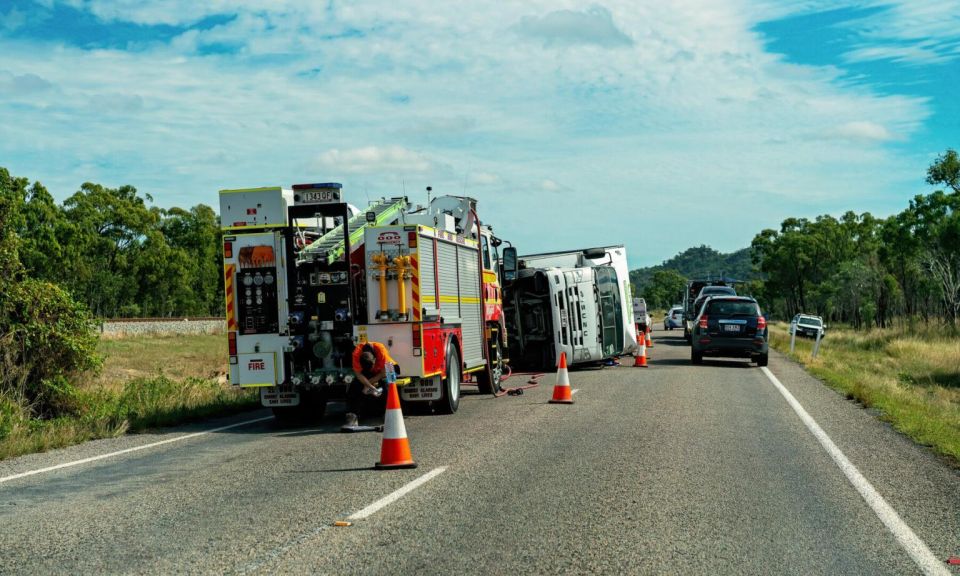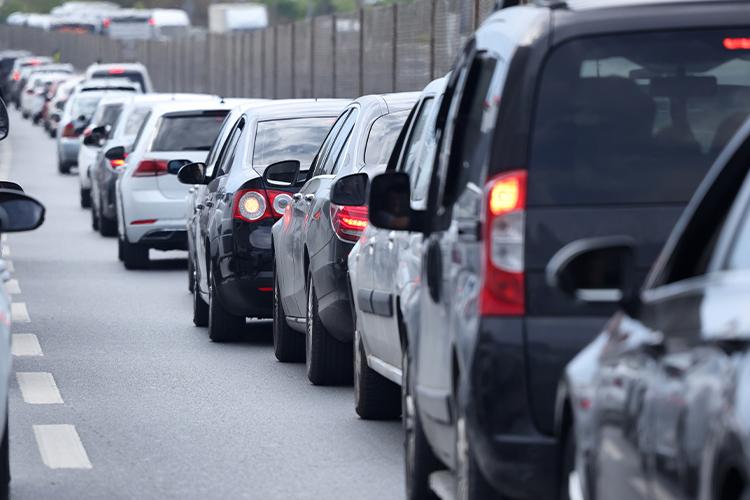

James Wong
3 Days Ago
An Australian motoring body is continuing its calls for states to share crucial road data as the country's road toll hits its highest level since 2012.

Marketplace Journalist


Marketplace Journalist
Figures revealing an 11.7 per cent annual increase in Australian road deaths has sparked calls for state governments to share data about the causes of road trauma.
The latest edition of the Australian Automobile Association’s (AAA) Benchmarking the Performance of the National Road Safety Strategy 2021-2030 has shown 1310 people died on Australian roads in the 12-month period ending June 30, 2024 – up from 1173 in the same period last year.
The figure marks the deadliest 12-month period on Australian roads since November 30, 2012, when 1310 fatalities were also recorded.
AAA managing director Michael Bradley said a “data-driven response” was needed to curb road deaths, something that could only be achieved through state cooperation with the Federal Government.
“States and territories must report data they hold about the causes of crashes, the quality of roads, and the effectiveness of policing, so it can be used to produce more effective road safety interventions,” he said.

The latest 12-month report shows a 23 per cent increase in deaths in New South Wales (up from 291 to 358), a 9.0 per cent increase in Victoria (up from 266 to 290), an 8.6 per cent increase in South Australia (up from 93 to 101), and an 8.4 per cent increase in Queensland (up from 273 to 296).
Road deaths in the Northern Territory more than doubled as 54 fatalities were recorded, a 107.7 per cent increase on the previous 12-month total of 26. Western Australia recorded a 0.6 per cent increase, up from 175 to 176.
Only Tasmania and the Australian Capital Territory recorded a decline in road deaths. Tasmanian deaths decreased from 39 to 27 (down 30.8 per cent), while the ACT decreased from 10 to eight (down 20 per cent).
Mr Bradley said delays in implementing Federal Government data transparency clauses, which were set to be introduced in the next five-year intergovernmental road funding agreement, had delayed more effective road safety measures.
“Data sharing will reveal which state’s road safety measures are the most effective, and the safety interventions that are most needed,” he said.

“That will not only save lives, but also end the politicisation of road funding by revealing whether governments are investing in the roads that most need safety upgrades, rather than investing in road projects in marginal electorates to win votes.”
Queensland this year agreed to share its data on car crashes, traffic policing and road conditions with the Federal Government amidst calls from the AAA to improve transparency.
“I’m really keen to get as much of that information out there as we can; really keen to provide whatever we’ve got on our books from Department of Transport and Main Roads to the Federal Government and to anyone who it helps,” Queensland Transport Minister Bart Mellish said on ABC radio in April.
It remains the only Australian state or territory to agree to share its road safety data with the Federal Government.
You can view the AAA’s Benchmarking Report here.
MORE: Australian road toll skyrockets as UN announces bold new goals MORE: Queensland to share crucial road safety data with Australian Government
Max Davies is an automotive journalist based in Melbourne, Australia. Max studied journalism at La Trobe University and stepped into the automotive world after graduating in late 2023. He grew up in regional Victoria, and with a passion for everything motorsport is a fan of Fernando Alonso.


James Wong
3 Days Ago


Max Davies
3 Days Ago


Matt Campbell
2 Days Ago


Damion Smy
1 Day Ago


William Stopford
1 Day Ago


Elle Baillieu
1 Day Ago